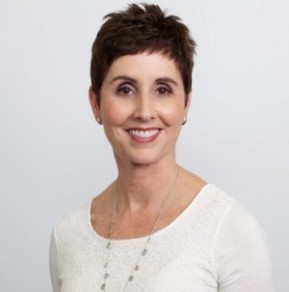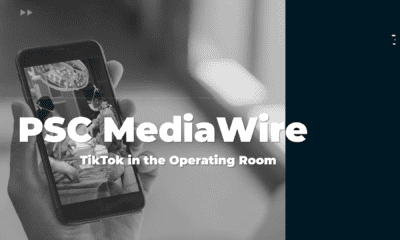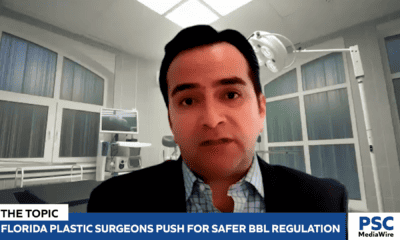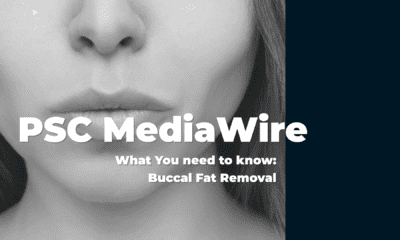The FDA Advisory Committee meeting occurred March 25 and 26, 2019 to discuss breast medical devices and related questions and issues. Plastic surgeons, implant manufacturers, researchers, and patient advocacy groups have all shared what they have to share, all concerned with patients and how to best protect them.
“How do we know which [patients] are affected? Which ones will get better? Which ones will not get better? That’s what our initiative is trying to do,” shares Dr. Pat McGuire, a board certified plastic surgeon in St. Louis. “[We want to] look into these things to see if we can come up with a solution so women who would benefit from implants can still have them, and the women who’ve had issues can avoid issues.”
As the testimony continues, solutions are being discussed and data collection is key. One such solution, the Aesthetic Neural Network (ANN), is receiving high praise from both patients and surgeons.
The Aesthetic Neural Network
Developed by The Aesthetic Society, ANN is a novel new-world solution for frictionless longitudinal data collection.
“ANN is new technology that works to create a very easy user interface to start to collect the massive amounts of data being produced every time a patient has an aesthetic procedure,” says Kendra Lee. “There’s a lot that goes into those procedures. There’s a lot of outcomes you want to capture, safety concerns, clinical data. There’s not a good way right now to harness all of that under one umbrella. There’s not standard coding and there’s no standard data entry. What ANN has done, is plug right into the computer systems in a practice and starts to passively pull out data being stored there.”

Beyond patients, surgeons themselves are excited about the possibilities ANN offers, allowing them even more data to further understand breast augmentation and to continue to get better, and safer, results.
“The Aesthetic Neural Network, with the Aesthetic Society members, is really going to help patients understand the risk benefit of implant surgery,” shares board certified plastic surgeon Dr. Laurie Casas of Chicago.
Communication – Collaboration is The Best Answer
“I do believe there’s a been a shift in the last year between plastic surgeons and the FDA,” shares Jamee Cook, a patient advocate. “I think patients are being listened to a little more. Any awareness helps. At least bring the issues to the table; we can collaborate and make decisions together.”
The advisory committee will now consider several different ways to improve breast implant safety. These include women having stopping the recommendation for MRIs performed at 3 years and every other year and considering adding High Resolution as an alternative implant surveillance technology.
















Facebook
Twitter
Instagram
YouTube
RSS